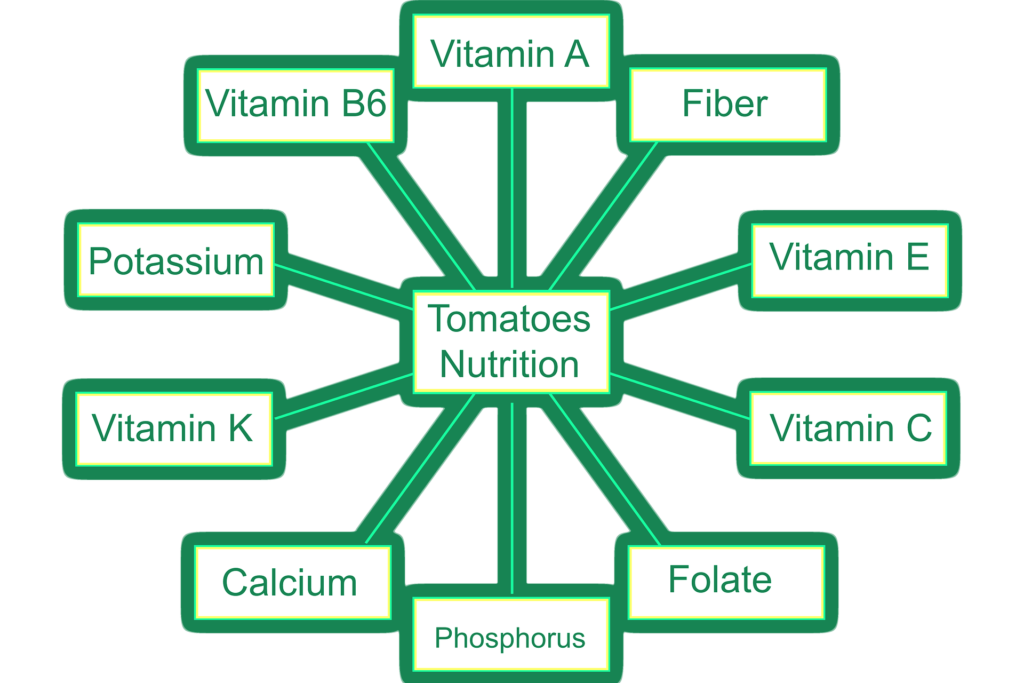Nutrition differs from diet, they are two sides of a coin. Nutrition and diet are two basic factors that everyone needs to understand and recognize the difference.
Nutrition is defined as the process by which an animal or plant takes in and utilizes food substances. Nutrition is also defined as food that our bodies need to consume daily for optimal function.
A balanced nutrition is crucial at all stages of life. Ranging from a young age, proper nutrition is essential for growth and development and as we age, proper nutrition is required for energy, detoxification and anti-aging. Nutrition improves the immune systems, builds up the muscle, aids weight loss and enhances vitality.
Diet on the other hand refers to food a person habitually consumes; an overall food intake either good or bad choices.
A balanced diet is one that fulfils all nutritional needs. Humans need a certain amount of calories and nutrients to stay healthy. A balanced diet provides all essential nutrients a person requires without going over the recommended daily calorie intake. A balanced diet helps people get the nutrients and calories needed, by avoiding junk or foods without nutritional values.
What a balanced nutrition and diet should comprise;
- 30% protein
- 40% complex carbohydrate
- 30% essential healthy fat [ideally omega-3 fatty acids]
- 2-4 liters of water
- Proper nutrition and diet should as well consist of vitamins, minerals, phytonutrients and antioxidants. A few ideal food choices include: dark leafy greens, whole grains, sweet potatoes, raw nuts, seeds, salmon, berries, oats and avocado.
“Nutrition is the only remedy that brings full recovery and can be used with any treatment. Remember, food is our best medicine”-BERNARD JENSEN.
FUNDAMENTALS OF A HEALTHY NUTRITION AND DIET
An essential balance of the basic components of a healthy nutrition and diet is however required to sustain the body. However, eliminating certain categories of food from meals might not be necessary but rather selecting the healthiest option from each category is crucial.
Below are 5 fundamental components of a healthy nutrition and diet:

1-PROTEIN: Protein is an essential component of a healthy diet, it is a macro nutrient essential for building muscle mass. Proteins are commonly found in animal products, and also present in other sources like nuts and legumes. Chemically, protein is composed of amino acids, which are organic compounds and are made up of carbon, hydrogen, nitrogen and oxygen.
Amino acids are building blocks of proteins, and proteins are the building blocks of muscle mass-National Institute of Health – [NIH] However, too much protein consumption can be harmful to people associated with kidney diseases. Research shows that high-quality protein consumption is needed as we age. Adequate absorption of animal products and a variety of plant-based sources of protein daily, gives the body essential nutrients
2-FAT: Dietary fats are essential for body energy and as well supports cell growth. It protects body organs and helps keep the body warm. Fat helps in absorbing nutrients and produces important hormones.
However, not all fat is the same. Bad fat can wreck a diet and increase the risk of contracting certain diseases. Good fat protects the brain and heart. Healthy fats such as OMEGA -3 is vital to the physical and emotional health. Including more healthy fats in diets helps improve mood, boosts well-being and also trims the waistline. The bad fats raises bad cholesterol [LDC] levels in the blood, while healthy fats can lower bad cholesterol levels and are beneficial when consumed in a diet. There are however 9 calories in every gram of fat, regardless of what type it is.
3-CARBOHYDRATE: Carbohydrate also known as carbs, is another essential component of a healthy diet. Carbs are one of the body’s main sources of energy.
In a healthy diet, most sources should come from complex, unrefined carbs such as vegetables, whole grains and fruits rather than sugars and unrefined carbs. Reduced consumption on white bread, pastries, starches and sugar can prevent rapid spikes in blood sugar and fluctuation in mood and energy.
Carbohydrates play several roles in living organisms such as energy transportation, and are also structural components of plants and insects. Carbohydrate derivatives are involved in reproduction, immune system, development of diseases and blood clotting. One gram of carbohydrate contains approximately 4 kilocalories, consisting of carbon, hydrogen and oxygen atoms. Simple carbohydrates increase the risk of obesity. Carbohydrates are needed for good health. Natural sources of carbohydrates such as fruits, vegetables, legumes, whole grains and some cereals contain essential vitamins, minerals, fiber and key phytonutrient.

4-CALCIUM: Calcium is an essential component of a healthy diet. However inadequate addition of calcium in diet contributes to anxiety, depression and sleep difficulties. Regardless of the age and gender, it is vital to include calcium-rich foods in diets, reducing diets that depletes calcium and getting enough magnesium and vitamin D&K to help calcium function effectively.

Adequate proportion of calcium in diets, helps build and maintain strong bones and teeth, and as well important for other physical functions such as muscle control and blood circulation. Calcium is not made in the body, it is absorbed from food consumed. Inadequate calcium in diets, causes removal of calcium from where it is stored up in the bones, this causes bone weakness overtime and may lead to osteoporosis, which is a disorder in which bones become very fragile. Adequate consumption of diet rich in calcium such as, milk, yogurt, cheese, leafy greens, beans and okra enhances a healthy body. Excessive consumption of calcium leads to kidney stone disease, stroke and heart attack.
5-FIBER: Dietary fiber is made up of indigestible parts or compounds of plants, which passes relatively through the stomach and intestines. High consumption of dietary fiber such as grains, fruit, vegetables, nuts and beans aids healthy living and as well lowers the risk of contracting heart diseases, stroke and diabetes. Dietary fiber intake enhances the skin and helps in weight loss. The main function of fiber is to keep the digestive system healthy, inadequate consumption of dietary fiber leads to disorders such as constipation, irritable bowel syndrome, diverticulitis and heart diseases.
All these components are essential for a healthy nutrition and diet, and must be consumed in an appropriate portion. This boosts and enhances the immune system, aids weight loss and management.
Eating food rich in healthy nutrition and diet enhances a healthy living, hence, you are what you eat.

